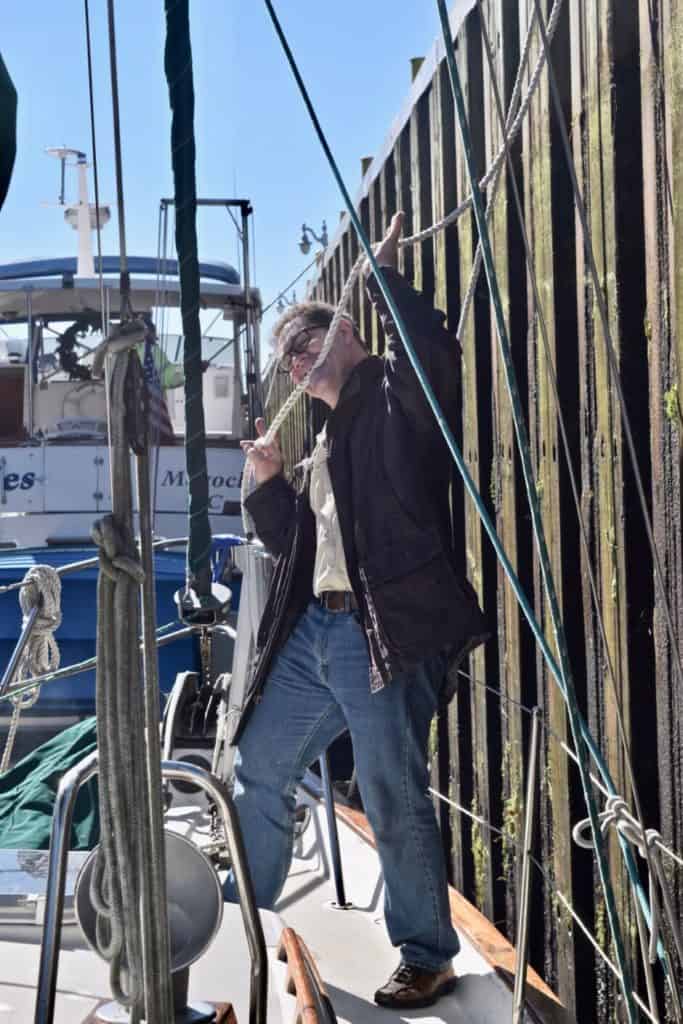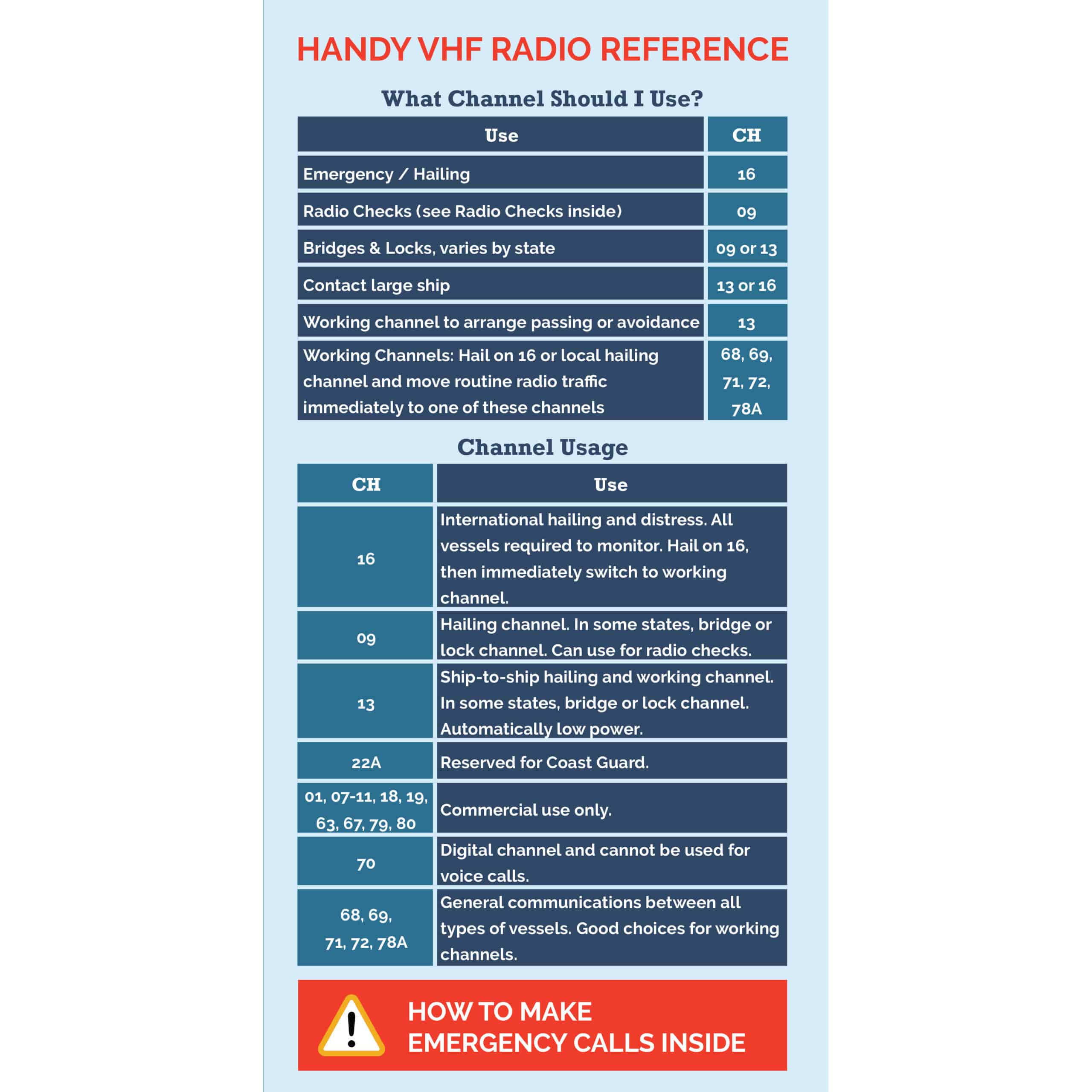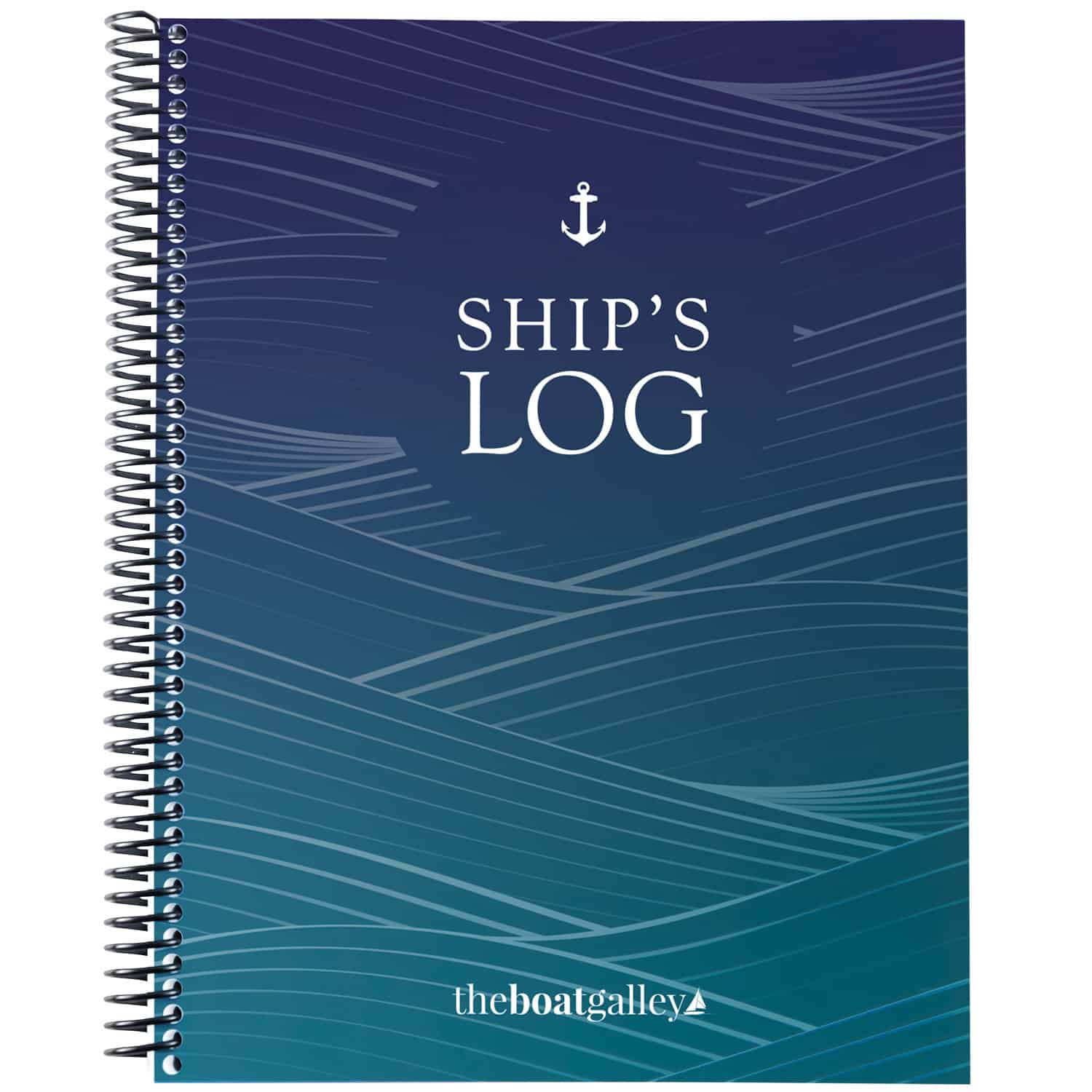
Hopefully you’ll never experience conflict with your partner on board your boat. Dave and I never disagree (you believe me, right?)
But if communication on board is making you tense, maybe it’s time to stop talking like family (at least some of the time) and start talking like crew. At least that’s what Pamela Douglas Webster has found works on her boat, Meander.
Pamela is a member of The Boat Galley team, working as my virtual assistant. And she has her own website about cruising with dogs, Something Wagging This Way Comes. She shares her ideas for better communication on board.
Nomad life stresses daily relationships. But here’s how to decrease conflict and protect your relationship by acting like crew.
Family At Home
Sure, you have important routines in your land-based home—getting dressed for work or school, making lunches, commuting. But if you miss a step in your morning routine, does it result in disaster?
Probably not. You buy lunch out or you can drive home to pick up what you forgot.
What happens if you’re a cruiser and you break routine?
Well, you could find yourself paying thousands of dollars to repair your diesel engine when you forget to open the seacock that brings cooling water into your boat. Or cleaning up broken dishes when you forget to lock down your cupboards before getting underway.
When you’re a cruiser the stakes are higher. Naturally, this will stress your relationships.
So how do you protect your relationship from damage during stressful moments? Treat your family like the crew they are.
Family vs Crew
When Meander arrives at a dock or anchorage, we enter crew mode. My husband has his tasks and I have mine.
We stop joking around, chatting, or doing anything we’d normally do as a couple.

We become a crew.
Rules are different for crew members than for family. I wouldn’t respond well if my husband commanded, “Make me a sandwich.” Of if he told me to stop what I was doing to help him find his glasses.
But when we’re crew instead of family, it’s perfectly natural for him to tell me, “Come back here and grab this dock line.” And I can tell him, “Reverse, you’re coming into the dock too hot.”
And neither of us gets cheesed off at the other.
How To Be A Crew
So what does it mean in real life to be a crew instead of family? It comes down to following a few guidelines.
Follow the chain of command
Every ship needs a captain.
When we first learned to sail, my husband and I took turns being captain. Usually (but not always) the captain of the day was the person on the helm.
Once we moved on board our own boat, that didn’t work as well. In a tense moment, my husband angrily declared me the captain. And I’ve been captain ever since.
The captain isn’t necessarily the most skilled (my husband and I have equal but different skills on board. In fact, if he’s good at something, I’m terrible at it and vice versa).
Rather, it’s more important that the captain has a clear head, good judgment, knows what needs to be done when, and the ability to delegate.
At times, we’re dealing with an issue in which my husband has better skills than I do. It’s then that I ask him to take the lead on problem-solving. But the captain has the final say.
Knowing the chain of command keeps us from arguing over turf again and again.
Specialize
The captain is not a martinet who expects everyone to do her bidding. Captain is just one job of many on the boat.
And each member of the crew has expertise.
On board Meander, my husband is the dinghy expert. He’s stronger and can more easily move the dinghy’s 52-pound outboard engine. He’s also spent a lot of time devising the best ways to tow and manage the dinghy. And he’s created most of the systems for doing so.
I can do most, if not all, of what Mike can do with the dinghy (albeit slower and more awkwardly). But I defer to and rely on his expertise regarding our boat “car.”
If you travel with kids, they can also have their special tasks. For example, if you take a picture of your boat as it should look before you set out, even non-readers can help identify things out of place.
Stop the chatter
Like most beginning cruisers, my husband and I found docking anxiety-producing at first.
When my husband made silly jokes to relieve his tension, I got angry. After all, if he got distracted on the helm I’d be the one who got hurt pushing and pulling a 13,000-pound boat using dock lines.
We’ve since learned that when we enter docking mode (or anchoring mode or leaving the dock mode, etc.) all chatter ceases. We only focus on the job at hand.
Once our task is complete, we re-enter couple mode. And we don’t have to act like a crew for a while.
Communicate clearly
In crew mode, communication is direct and concise. There’s no time for “Hey Sweetie, do you think you could put the engine in reverse and rev it up a bit—say to 1500 RPMs or so?” when you’re anchoring.
Besides, just try getting that message across from when you’re 30 feet apart and the wind is blowing.
When we’re in crew mode, we put sensitivities aside and just get the job done.
But we also have some very specific ways of communicating that would just seem weird for a couple talking to each other.
Keep it short – When I’m on the helm and my husband wants me to give the boat a little momentum going forward, all he says is “1500 two seconds.” I know that means to raise the throttle to 1500 rpm for two seconds before returning to idle.
Repeat commands – Using the example from above, my husband knows I’ve heard him when I repeat back, “1500 two seconds.”
Always respond – The best way for crew to answer “crab pot ahead on your starboard side” is “acknowledged” or “heard.” When we were a couple before we were crew, the reply was more often, “I know!” Or “Yeah, I see it” delivered with a “tone.” But there’s no need to judge a crew’s comment—just acknowledge it.

Crew Now; Family Forever
Yeah, acting like crew can feel artificial. At first.
But protect your relationship by acting like crew when you’re doing important work and you’ll find it easier to act like family later.
Try it. And let me know what you think.

Quickly find anchorages, services, bridges, and more with our topic-focused, easy-to-use waterproof guides. Covering the ICW, Bahamas, Florida, and Chesapeake.
Explore All Guides











Patty Makowski says
I like it! I was an Air traffic Controller for 20 years and your advice is right on the money – short, concise instructions, which are either repeated back, or “Roger”ed. This is lifesaving !!
One thing I’ve noticed in the last 10 years or so is a reluctance to accept a chain of command. My other half has 50 years boating experience to my 25 years. He was an avid racer, I’m most definitely a cruiser. Logically, (in my eyes) he’s the captain. It has nothing to do with blue jobs and pink jobs. If I was a racer with 50 years experience, I’d be the captain. But many couples deem this sexist which, while politically correct, is unsafe and not logical.
Gender doesn’t come into it – or at least it shouldn’t! Thanks for a great article.